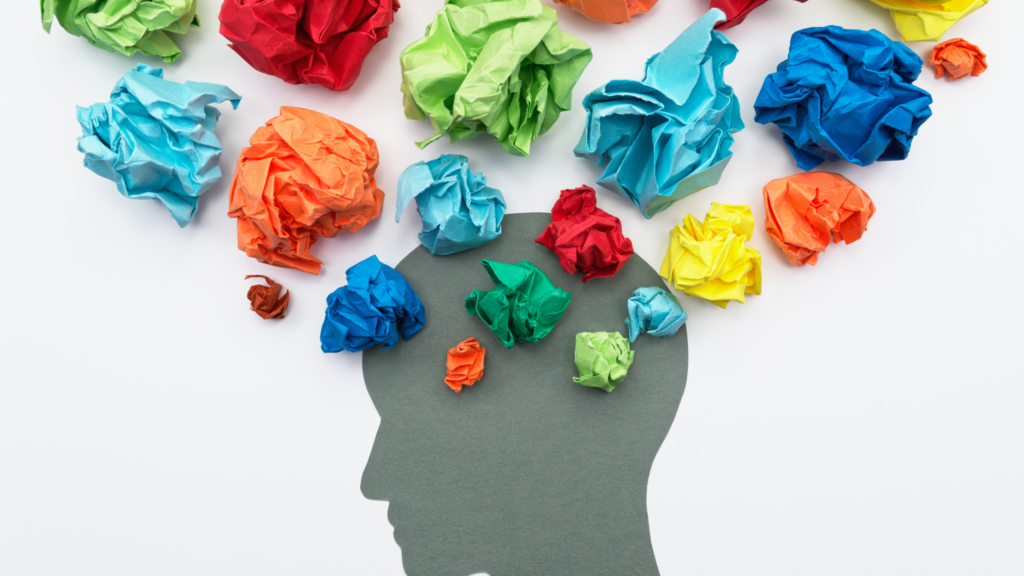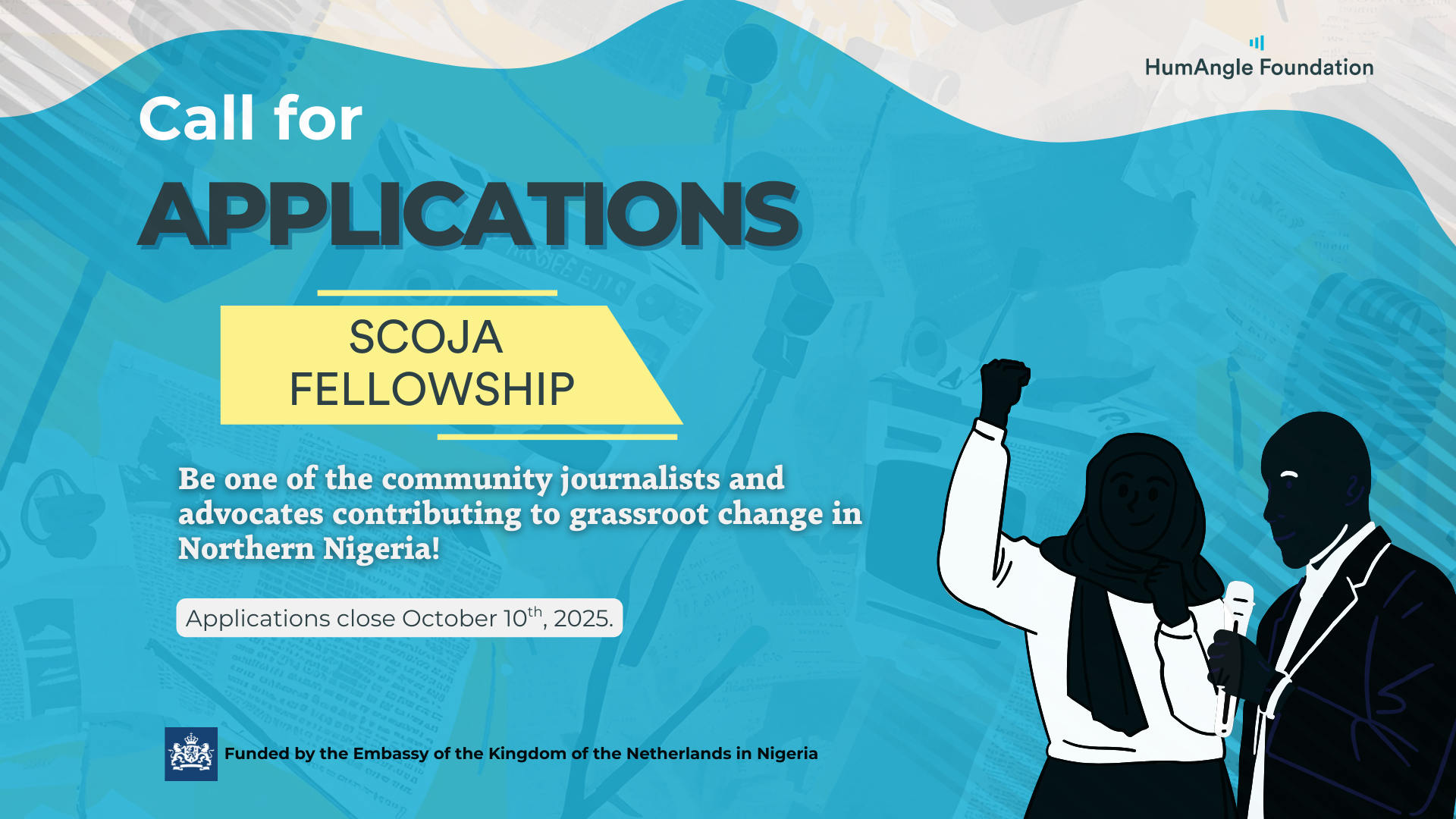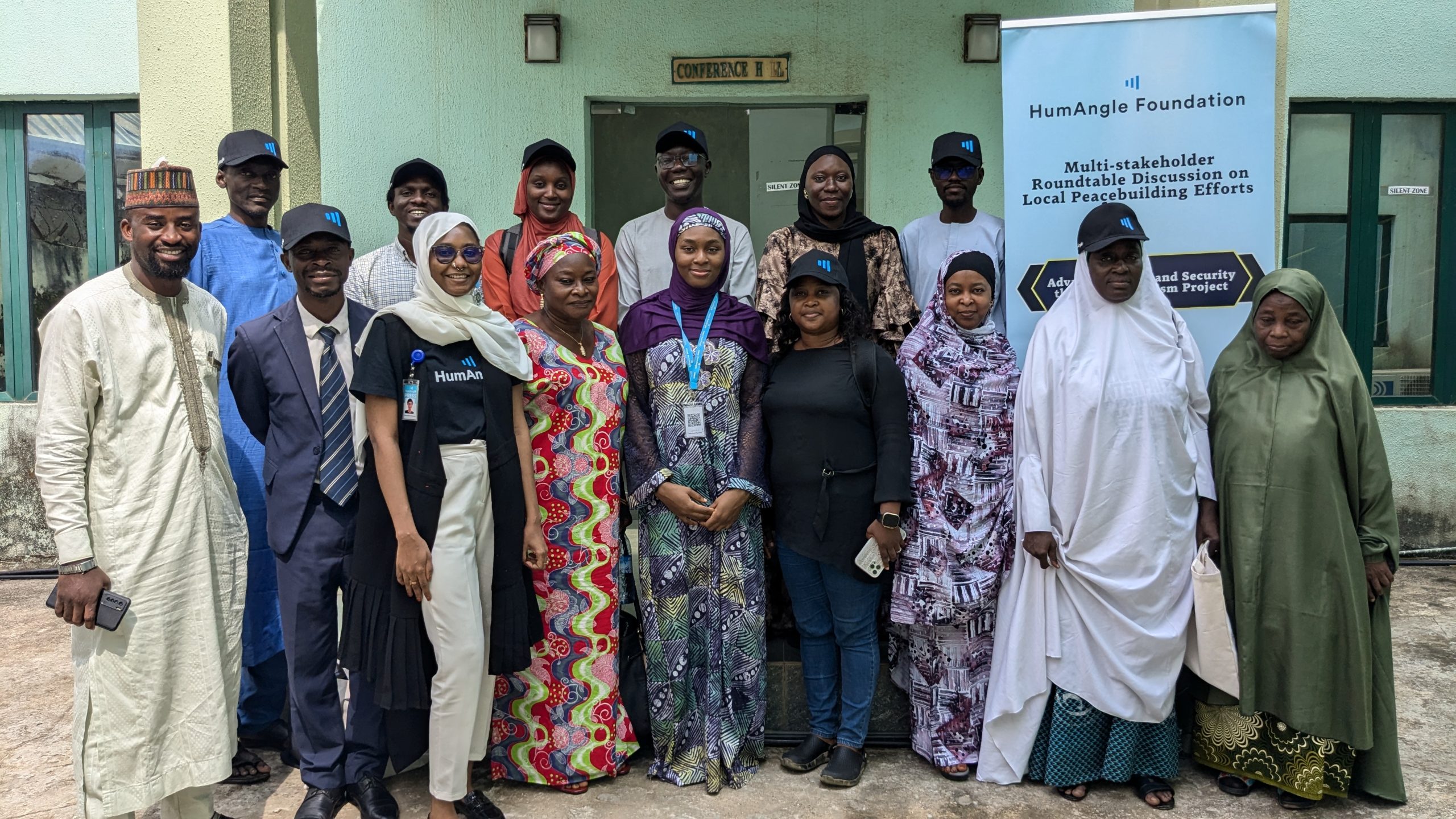Happy World Mental Health Day, everyone! With this year’s theme being ‘Mental Health at Work’, this is an apt opportunity to further the conversation on the mental health of journalists and development workers, especially those navigating treacherous issues like systemic rot or armed conflict. There are invisible battles these brave souls face daily.
Picture this: a journalist in North-Eastern Nigeria, notebook in hand, confronting the harsh realities of conflict. They’re not just covering the latest story; they’re wading through a swamp of emotional turmoil as they engage with victims, witness firsthand the pain of survivors and empathize to deliver the brilliantly-written stories we celebrate.
Here’s another scenario: a development worker, armed with project plans, navigating the complexities of poverty, poor governance and other harsh realities. Daily, they are confronting the struggles of families facing displacement, injustice and lack. Each day, they engage with individuals whose hopes are dependent on the very initiatives they’re promoting, yet they carry the weight of knowing that progress is often painfully slow, and that sometimes, the poor public accountability also means they are taking one step forward, only to be pulled back two more steps.
Their jobs are fraught with uncertainties, not to mention the personal challenges they may be confronted with. Amidst the triumphs and challenges, they are absorbing the emotional toll of these issues, often grappling with secondary traumatic stress (STS), anxiety and burn out.
According to this research, 47% of nearly 300 humanitarian aid workers in Nigeria reported high levels of vicarious trauma (similar to STS). That’s nearly half but perhaps, it should be no surprise. Imagine witnessing and reporting on horrific events day after day— emotional fatigue is bound to happen.
Speaking on this, Mansir, an aid worker said to HumAngle Media ,”Priority should be given to the mental health of aid workers while recognising the emotional toll of working in high-stress environments.”
Similarly, journalists walk a tightrope, trying to balance the need for accurate reporting with the emotional weight of what they witness and the helplessness they often feel in the light of the issues. Covering harrowing stories of displacement, violence, and loss takes a profound toll on their mental health. Sometimes, they also come under fire from the authorities. We celebrate their bravery but but let’s not forget the emotional cost of such bravery!
In confronting this issue, there’s a sobering flipside to it. With the unique pressures of working in advocacy, many journalists and development practitioners, are not as quick to open up about their mental health struggles as they should be. After all, they are meant to be defenders of the society and champions who are actively responding to social issues. It is their job to have answers or demand them, and remain cool under pressure. As such, many find it hard to open up or adopt help-seeking behaviours.
So, what can be done? For starters, workplaces need to foster a culture where mental health is openly discussed. At HumAngle we do this through open, honest conversations and acts of empathy. We understand that it is necessary for everyone to take a break. We also prioritise counselling with the model of an in-house psychologist. Moreover, we recognise that mental health isn’t just an individual concern; it’s a collective responsibility, and so we use our platforms to amplify these issues.
In conclusion, as we commemorate this World Mental Health Day, let’s raise our voices for those on the frontlines of journalism and public advocacy work in Nigeria. Their work should not cost them their mental health.



